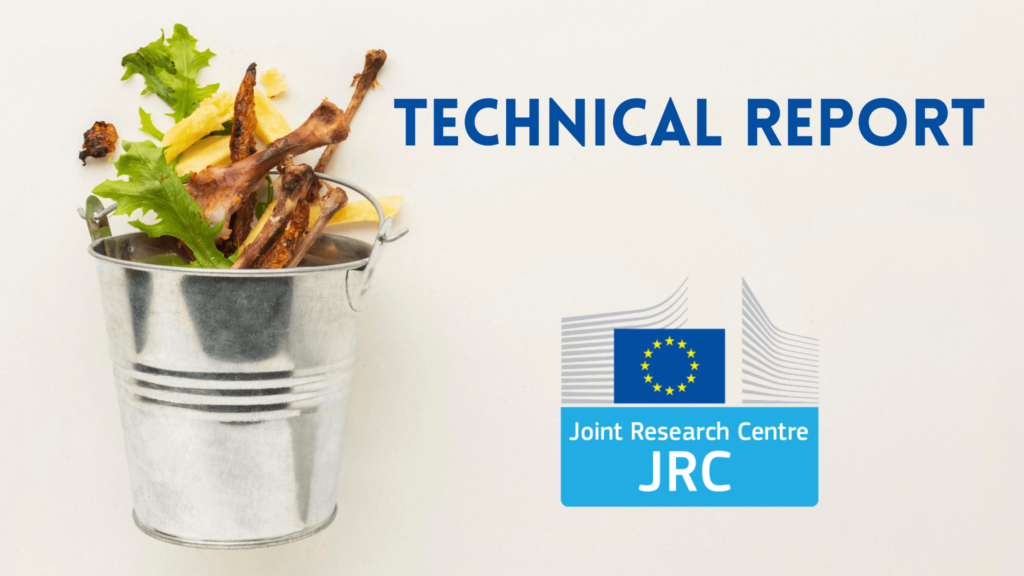By: Romans Vorss
From: Europatat (European Potato Trade Association)
This report describes part of a study conducted by the European Commission’s Joint Research Centre (JRC) to support the impact assessment of a legislative proposal on setting binding food waste reduction targets. The report focuses on the results of a public consultation and a survey of Member States and stakeholders.
The public consultation showed that there is a high level of consensus on the need for food waste reduction targets, especially among citizens and organizations. Views from SMEs do not show significant differences compared to those of large companies.
The survey of stakeholders collected quantitative data on the costs of food waste prevention initiatives and the amounts of food waste prevented. The most commonly reported initiative type was surplus food redistribution at the retail stage. However, there was a high variability in terms of amounts of prevented food waste and costs. This is likely due to the fact that initiatives have multiple purposes and aim at reducing food waste at various stages of the supply chain.
The survey of Member States collected information on national initiatives on food waste prevention. The results suggest a general lack of evidence-based policy making and a significant deficiency in monitoring and evaluation of the effectiveness of the initiatives that have been put in place.
Overall, the report concludes that voluntary action may not be enough to significantly reduce food waste amounts in line with the target set by Sustainable Development Goal 12.3. The report also finds that there is a lack of evidence-based policy making and a significant deficiency in monitoring and evaluation of food waste prevention initiatives in Member States.


Voluntary action might not be enough…maybe the economical and financial situation in Europe will have an impact as prices are growing and the resources are less!